What is Marketing Automation?
Marketing automation refers to the use of software and technology to streamline and automate repetitive marketing tasks. This encompasses a wide array of functions, from email marketing and social media posting to lead generation and customer segmentation. By employing marketing automation tools, businesses can efficiently manage their marketing campaigns, allowing them to focus more on strategic planning and creative initiatives rather than mundane operational tasks.
The significance of marketing automation in today’s business landscape cannot be overstated. As organizations strive to enhance customer engagement and improve conversion rates, marketing automation enables them to deliver personalized content based on the user’s behavior and preferences. This level of personalization not only helps in nurturing leads but also fosters long-term customer loyalty, ultimately driving business growth.
Over the years, marketing automation has evolved significantly, adapting to the changing needs of consumers and advancements in technology. Initially, it was primarily focused on email campaigns, providing tools for scheduling and sending messages. However, recent developments have expanded its capabilities to include multi-channel marketing, where businesses can orchestrate a seamless experience across various platforms, including social media, websites, and mobile apps. Key trends, such as the integration of artificial intelligence and machine learning, are also shaping the future of marketing automation. These technologies enhance data analysis, enabling businesses to better understand their target audience and make data-driven decisions.
Moreover, the rise of customer relationship management (CRM) systems has further bolstered the effectiveness of marketing automation. By synchronizing customer data across different platforms, businesses can create comprehensive profiles and segment their audience with precision. This allows for targeted marketing efforts that yield higher returns on investment. Overall, marketing automation represents a critical component of contemporary business strategies, one that can lead to improved operational efficiency and greater opportunities for growth.
Benefits of Marketing Automation
Marketing automation serves as a transformative tool for businesses seeking to optimize their marketing efforts and drive growth. One of the primary advantages lies in increased efficiency. By automating repetitive tasks such as email campaigns, social media posting, and lead tracking, companies can save substantial time and resources, allowing their teams to focus on strategic initiatives and creative endeavors. This shift not only streamlines operations but also enhances overall productivity.
Moreover, marketing automation significantly enhances consumer targeting capabilities. With advanced segmentation tools, businesses can tailor their marketing messages based on specific consumer behaviors, preferences, and demographics. This level of personalization enables companies to engage their audience more effectively, ensuring that the right message reaches the right person at the right time.
Improved customer segmentation is another hallmark of marketing automation. By utilizing sophisticated data analytics, organizations can better understand their customer base, leading to refined marketing strategies. This understanding allows businesses to tailor their offerings and messaging in a way that resonates with various segments, ultimately fostering a stronger connection with customers.
Furthermore, marketing automation plays a crucial role in better lead nurturing. Automated workflows can deliver targeted content to leads at different stages of the buying journey, increasing the likelihood of converting these leads into loyal customers. This proactive approach ensures that potential customers receive timely, relevant information that meets their needs and interests.
When implemented effectively, marketing automation positively impacts a business’s return on investment (ROI). With enhanced tracking and analytics, organizations can measure the performance of their campaigns with precision, enabling data-driven decisions that optimize future marketing efforts. This capability not only refines budget allocation but also enhances the overall effectiveness of a marketing strategy.
Implementing Marketing Automation: Best Practices
Successfully implementing marketing automation requires a strategic approach that incorporates several best practices. First and foremost, organizations should start by setting clear and measurable goals. Establishing objectives allows teams to focus their efforts and assess the impact of their automation initiatives. These goals could range from improving lead generation, nurturing prospects, or enhancing customer engagement, depending on the organization’s needs.
Choosing the right marketing automation tools is another critical step in this process. When selecting tools, businesses should consider their specific requirements, budget, and the level of usability. Opting for software that integrates seamlessly with existing systems can streamline processes and enhance functionality. Evaluating options through demos or free trials can provide valuable insights into the best fit for an organization’s unique environment.
Next, creating a comprehensive strategy aligned with the customer journey is essential. Mapping out the customer experience helps identify key touchpoints where automation can add value. Businesses must tailor content and interactions to cater to various audience segments, ensuring that the automation enhances the overall customer experience, rather than detracts from it.
Maintaining data hygiene is equally vital in the realm of marketing automation. Regularly cleaning and updating contact lists prevents issues such as diminishing engagement rates and erroneous targeting. Moreover, integrating effective testing and monitoring mechanisms allows businesses to analyze performance consistently. Through continuous experimentation and optimization, organizations can refine their strategies, ensuring that the automation efforts remain effective and relevant in an ever-evolving market landscape.
Before finalizing any automation plan, collaborating across departments can lead to a more cohesive and effective implementation. By adhering to these best practices, businesses can harness the full potential of marketing automation, paving the way for sustainable growth and enhanced customer satisfaction.
Future Trends in Marketing Automation
As the digital landscape continues to evolve, several emerging trends are poised to redefine the marketing automation landscape. One of the most significant advancements is the integration of artificial intelligence (AI) and machine learning into marketing automation strategies. These technologies can analyze vast amounts of data swiftly, identifying patterns and insights that enable marketers to make data-driven decisions. AI-driven tools can optimize marketing campaigns in real-time, ensuring that businesses reach their target audience with the right message at the right time.
Another trend gaining momentum is the move towards personalized marketing at scale. As consumers increasingly expect tailored experiences, marketers are utilizing automation tools to segment audiences more accurately and deliver personalized content across various channels. This evolution means that campaigns are not just broader but also more relevant, ultimately leading to higher engagement rates and better customer retention. Automation systems that allow for dynamic content creation based on user behavior are becoming essential in meeting these demands.
The rise of omnichannel marketing automation also represents a critical trend. Businesses are shifting from single-channel strategies to more integrated approaches that encompass various touchpoints, including email, social media, and websites. Automation tools that facilitate seamless interactions across channels ensure that customers receive consistent messaging, further enhancing their experience. Companies that invest in omnichannel strategies stand to gain a competitive edge, as integrated customer journeys become the standard expectation.
To successfully navigate these future trends, businesses must prioritize staying informed about technological advancements and market shifts. Adapting to emerging tools and methodologies will not only enhance marketing effectiveness but also position companies to capitalize on new opportunities. By fostering a culture of continual learning and strategic adaptation, organizations can harness the full power of marketing automation for sustained growth and success.
